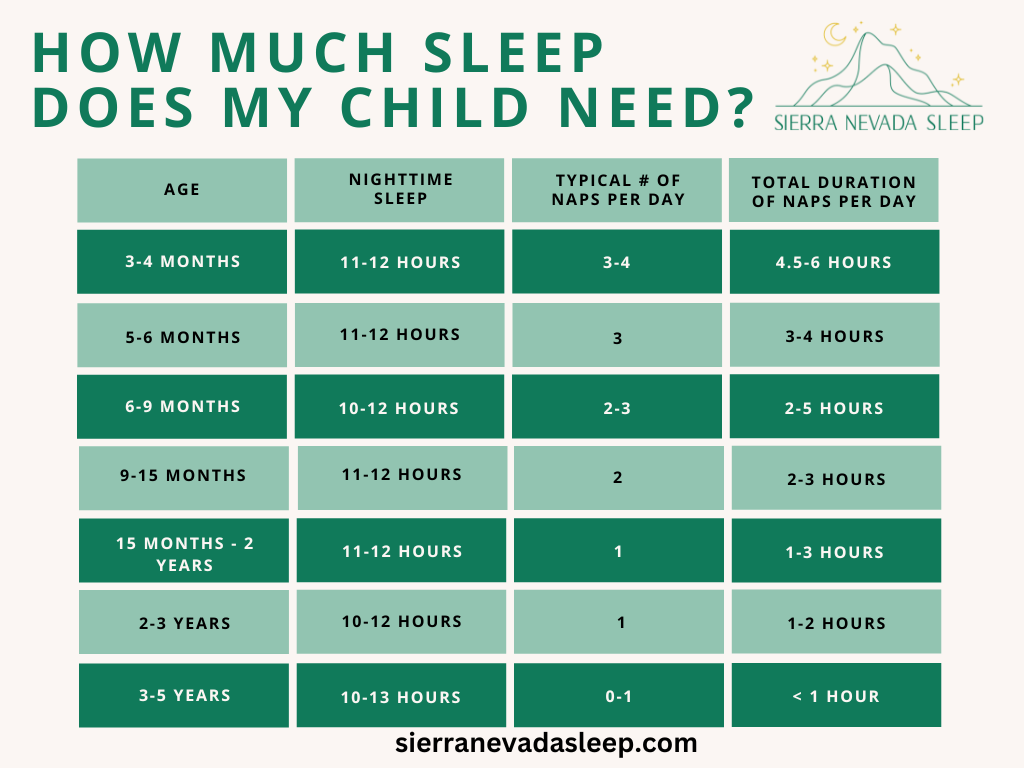What Is An Ideal Bedtime For My Child?
November 10, 2023

We are creatures of habit. Our bodies work best when we have predictable and regular schedules, especially around sleep. Consistent sleep schedules not only contribute to adequate rest but also positively impact a child’s behavior, cognitive function, and overall mood. A consistent sleep schedule starts with answering the question – What is an ideal bedtime for my child? Today, I’ll describe how to choose the best bedtime for your little one.
Why is a consistent bedtime important?
Children thrive on routine, and having a set bedtime helps regulate their circadian rhythm, the internal body clock that governs sleep-wake cycles. When kids adhere to a regular sleep schedule, their bodies and brains anticipate rest at a specific time. Having a consistent bedtime and wake time may help prevent him from waking up in the middle of the night and can help with bedtime problems.
Furthermore, adequate and consistent sleep is closely linked to improved academic performance. Children who consistently get enough sleep are better able to concentrate, retain information, and exhibit enhanced problem-solving skills. Sleep also plays a crucial role in emotional regulation, reducing the likelihood of irritability and stress in children.
How do I figure out an ideal bedtime for my child?
The best starting point is to look at how long your child typically sleeps. We then compare that time with what is typical for a child of this age (see chart below). Do these match up and result in your child feeling rested the next day? If so, you can move forward to the next step. If not, you’ll want to experiment with either increasing or decreasing total nighttime sleep. Next, we determine a good wake time that fits with the family’s schedule. Finally, you’ll move backwards from the desired wake time by the number of hours your child needs to sleep to feel rested.
4 steps to finding sleep-wake times:
- Keep a sleep log for 1-2 weeks to find the number of sleep hours your child needs to be rested. For example, you find your little one needs 10 hours to be rested.
- Determine a good wake time that fits with the family’s schedule. For example, your child needs to be awake at 7am in order to get to daycare.
- Move backwards from your desired wake time the number of sleep hours to find the best bedtime. For example, move back 10 hours from 7am to figure out the ideal bedtime. In this example, the ideal bedtime for your child would be 9pm.
- Do your best to stick with this sleep-wake schedule each day.

Now you know how to choose the best bedtime for your child! I hope you found this article and exercise helpful. If your little one is battling bedtime or waking up in the middle of the night, I can help. Please reach out to me here.